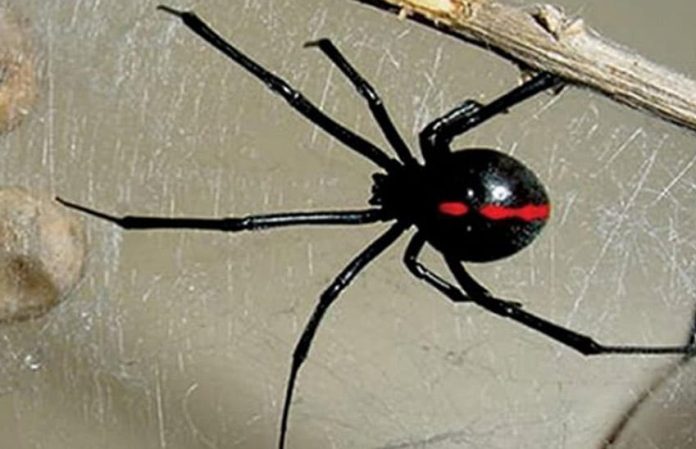Black widow spiders have had a presence in Yucatán for three years now, according to a state health official who says that on average two people are bitten every year.
The poisonous spiders, which are not endemic to the state, are thought to have arrived inside boxes of imported goods.
So far, most black widow bite reports have come from the southern part of the state, but infectious disease specialist Daly Martínez Ortíz said some have been sighted farther north in Valladolid, Tizimín, Tekkit and Mérida, the state capital.
“Some patients can overcome the effects of the venom by themselves,” explained Martínez, “but some experience lasting effects that can end in death.”
The specialist recommended that medical care be sought within two hours following a bite, because that window of time is ideal for the antidote to fight the effect of the venom.
Black widows have an unusually potent venom containing the neurotoxin latrotoxin. Females have unusually large venom glands and their bite can be particularly harmful; however, despite the arachnid’s notoriety, medical consensus is that its bites are rarely fatal or even produce serious complications.
Only the bites of the females are dangerous to humans.
This spider, which grows to about two centimeters long, is readily identifiable by the reddish markings on the abdomen, which are often (but not always) hourglass-shaped.
Source: El Universal (sp)
